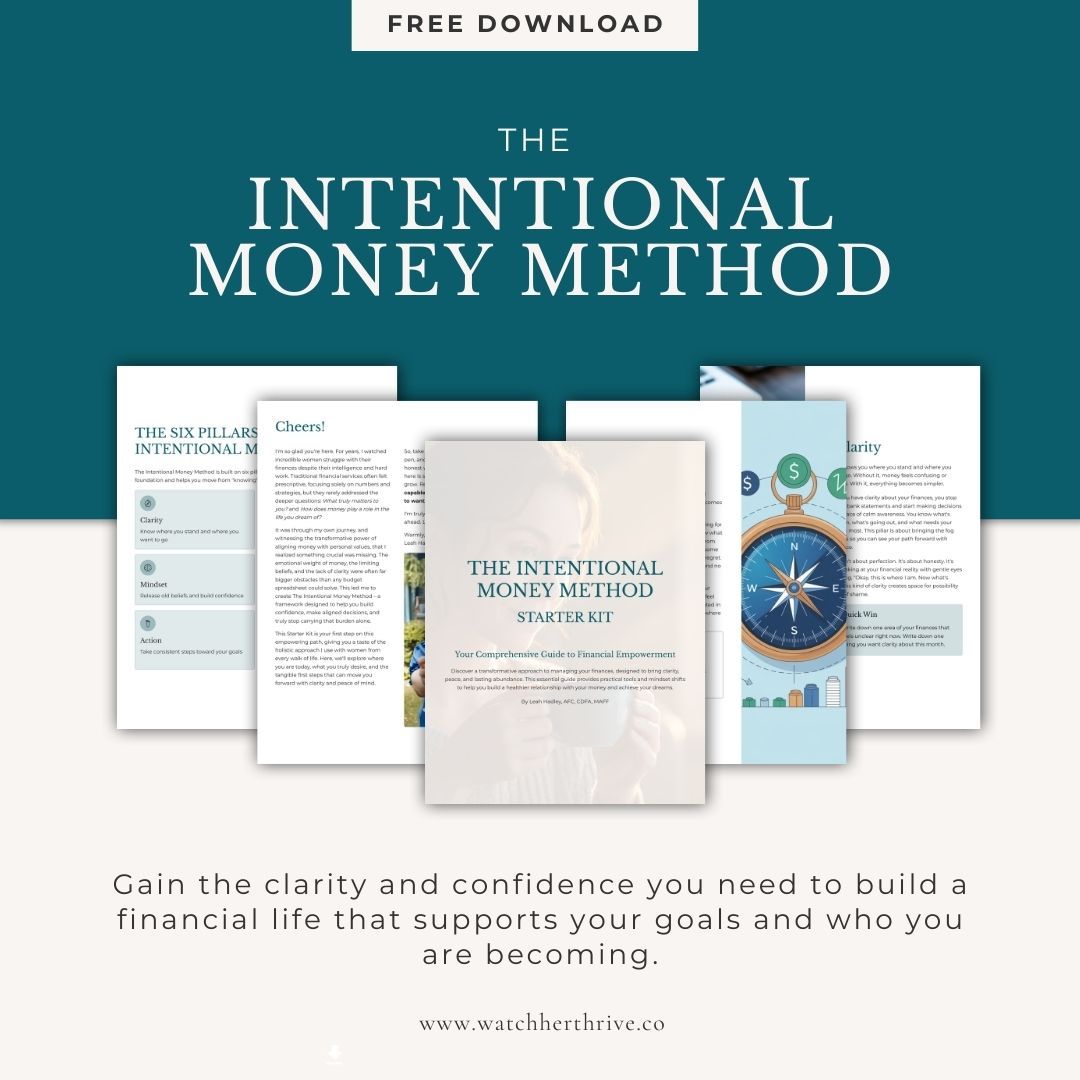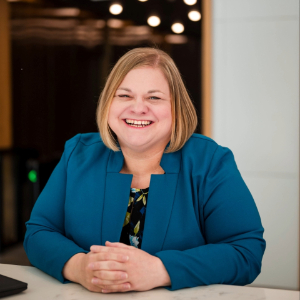Busting 3 Myths about Women & Money

Have you ever been told that you're not good with money? That women aren't as financially savvy as men? That we're more prone to overspending and living beyond our means? Unfortunately, these kinds of stories are all too common. But the truth is, they're just myths.
I’m going to bust some of the most pervasive myths about women and money, and share some truths that will help you take control of your finances.
Myth #1: Women are naturally bad with money.
There's no biological or genetic reason why women would be less skilled at managing finances than men. Studies have shown that women tend to be more diligent about budgeting and saving than men, and are less likely to take on risky investments.
A report published in 2018 by the Warwick Business School in the UK analyzed data from 2,800 investors over a three-year period and found that women generated higher returns on their investments than men. The report attributed this trend to the fact that women tend to be more patient and less li...
How to Finally Stop Living Paycheck-to-Paycheck and Build Financial Freedom
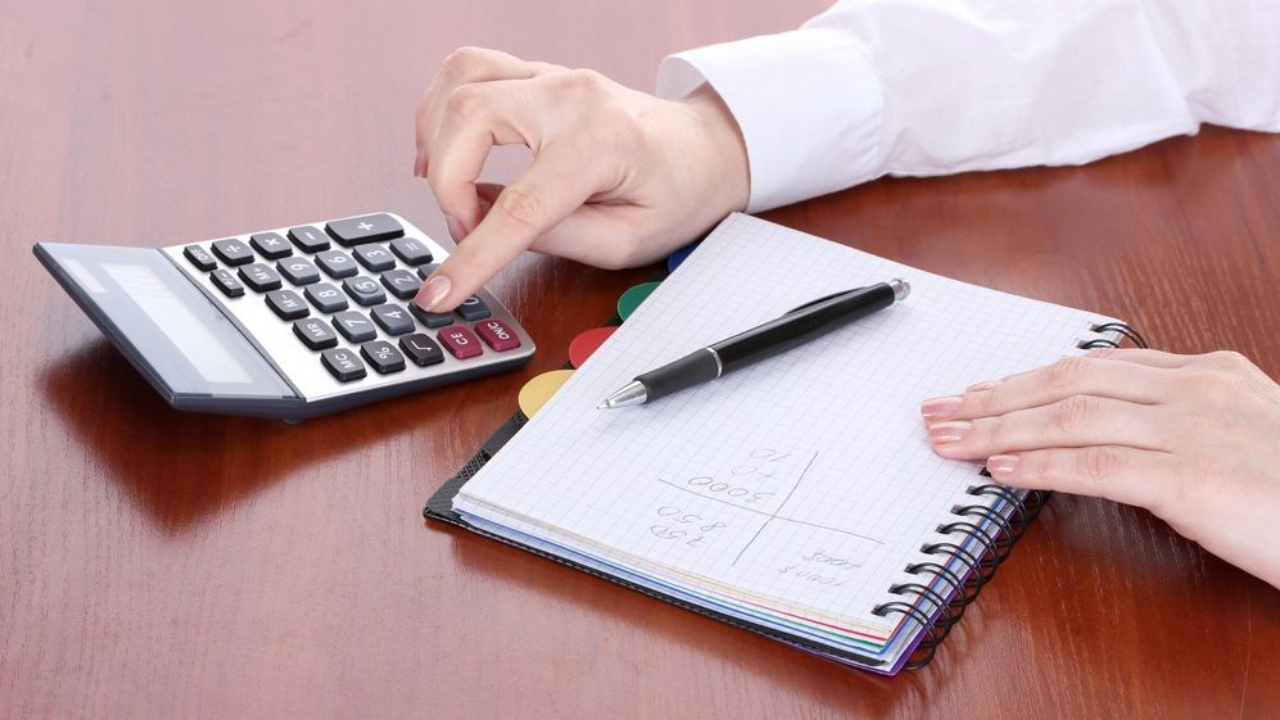
In our last post, Stop Living Paycheck-to-Paycheck, we explored the most common reasons people get caught in that exhausting financial cycle. Today, let’s talk about how to break free from it once and for all—and start putting your money to work for you.
If you’re ready to move beyond surviving and start thriving financially, this guide will walk you through practical, realistic steps to build stability, reduce stress, and create real financial peace.
Step 1: Create a Budget That Works for You
A budget isn’t about restriction—it’s about clarity. When you see where your money goes, you can start directing it toward what matters most.
Start by thinking about your needs, wants, and future goals. A strong budget includes all three.
Determine Your True Income
Your income isn’t your gross pay—it’s what you have left after taxes, insurance, and other deductions. Know this number clearly so you can plan with accuracy.
Add Up Your Monthly Expenses
Review your last one to three months o...
Financial Self-Love: 5 Ways to Improve Your Financial Wellness This Valentine’s Day
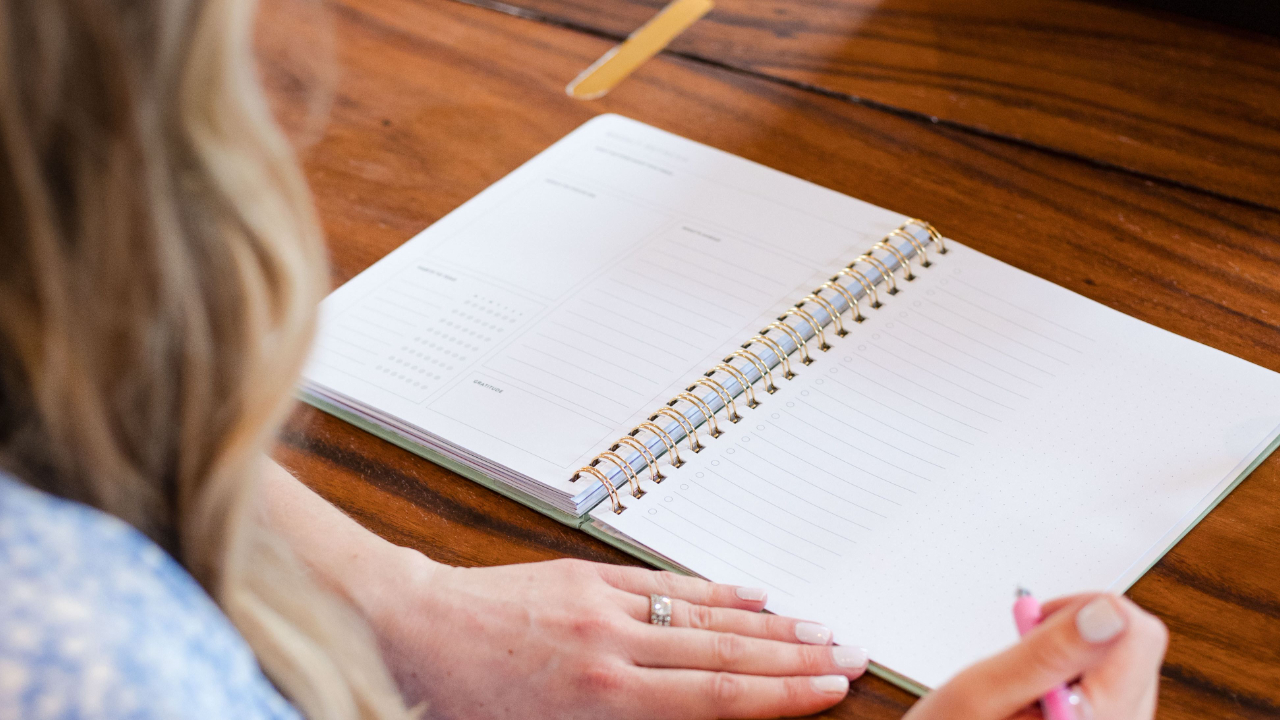
With Valentine’s Day right around the corner, many women are thinking about how to show love to the special people in their lives. But before you buy the flowers or book the dinner, I want to invite you to pause and do something equally meaningful: show love to yourself and your financial future.
Self-love is not selfish. It is one of the smartest investments you can make. Just like the airplane safety reminder says, you need to put on your own oxygen mask before assisting others. The same is true with your money. When you prioritize your financial wellness, you create stability, confidence, and peace that benefit everyone around you.
As a financial planner who has helped hundreds of women through major life transitions, I have seen how financial clarity can transform confidence. When you feel in control of your money, you show up differently in every area of your life. You make choices that align with your values, not your fears. And that is the ultimate form of self-love.
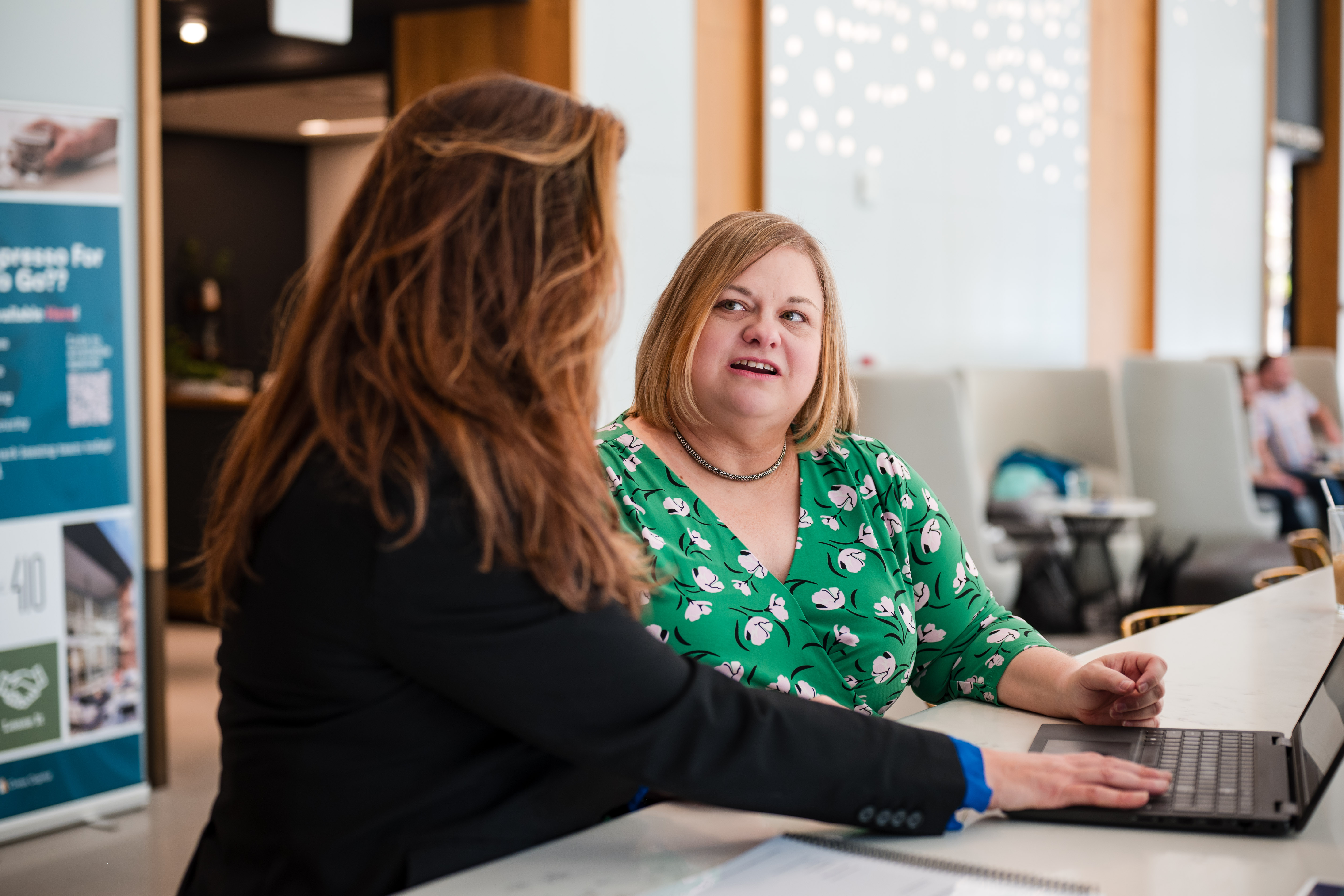
Here a...
5 Financial Myths to Stop Believing (and the Truths Instead!)

People like to make a lot of proclamations about what to “always” or “never” do with your money. However, these are quite often total financial myths. And, when it’s coming from a source you trust, you tend to take these financial myths at face value rather than exploring the truth of the situation for yourself.
These five financial myths can negatively impact your mental wellbeing as well as that of your budget and financial security. So let’s play MythBusters and talk through some of the things we always hear about finances and the reality of the matter instead.
Financial Myth #1: You don’t need an emergency savings fund if you have a credit card.
The Reality: This is a very costly (and not always assured) way to cover emergencies.
This is one of the financial myths that always gets me going! There are so many things that could get you into trouble around credit cards and the way people use them is one of them.
The reality is that you may have credit today, but not tomorrow. ...
Understanding Your Credit Score
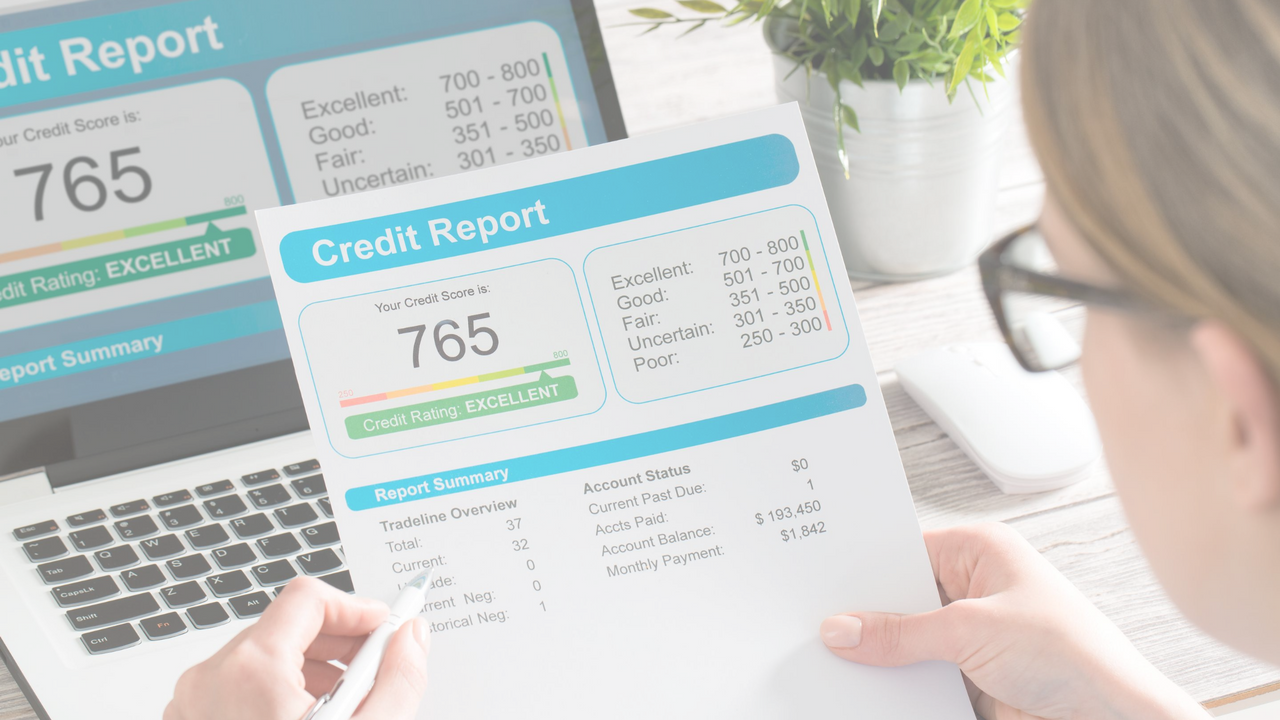
It’s no secret that many Americans have very little knowledge of their credit score or general knowledge about keeping credit scores healthy. For example, VantageScore reported in their 2019 annual survey about consumer understanding of credit scores the following:
- 78% of respondents in 2012, but only 62% in 2019, correctly indicated that people have more than one credit score. [That is down 16% from 2012]
- 85% in 2012, but only 66% in 2019, correctly answered that keeping a low credit card balance helps raise a low credit score or maintain a high one. [That’s down 19% from 2012.]
The study found that the people who responded thought they had excellent or good knowledge. In fact, more people in 2019 said that they were confident in their knowledge than they were in 2018. But, as you can see, people actually know less about their credit scores. They just think they have a very firm grasp on the subject.
Understanding these numbers and the impact they will make in your life is par...
Effectively Managing Debt: Understanding Good vs. Bad Debt
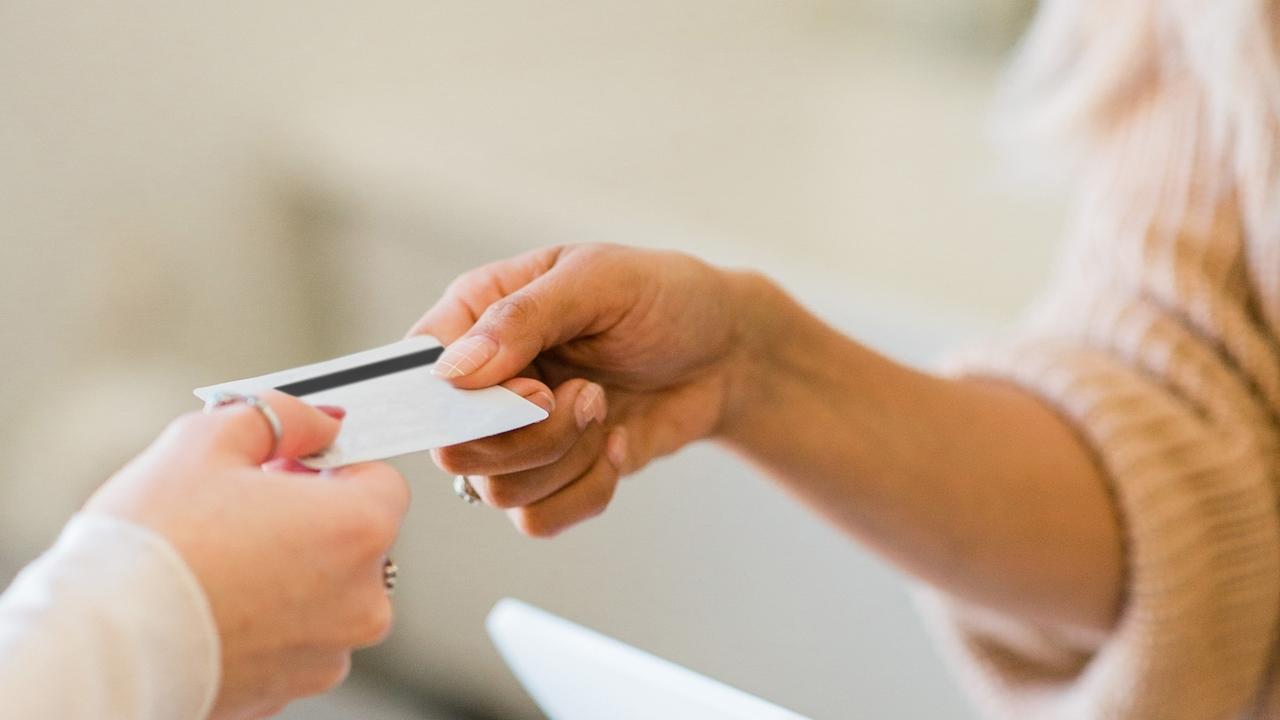
Are you bewildered by the complex nature of debt? Indeed, dealing with debt can be an intricate process. Like many others, I was once inundated with student loans, credit cards, and car payments, making it seem like a financial breather was impossible. However, believe it or not, not all debt is detrimental. Let's delve into how you can effectively manage your debt by distinguishing between good and bad debt.
How Debt Can Derail You
To many, debt is synonymous with financial doom. True, certain types of debt can jeopardize your financial stability and impede your progress toward a secure financial future. It's important to understand the broad spectrum of debt and how each type affects your credit differently. Bad debt could comprise upside-down loans, high-interest rates, debt exceeding your worth, or simply poor financial decisions like payday loans.
Detrimental Debt Actions
Incurring a loan for something you couldn't outright afford often leads to negative debt scenarios. This t...
How Online Bill Pay Can Save You Time and Money

Many people have switched to online bill pay, and most of them do it for the convenience factor. Did you know, though, that paying your bills online could actually save you time and money?
What is Online Bill Pay?
Online bill pay is, most simply stated – an online and/or automated way of paying your bills online. You can set it up with your bank to pay all of your bills or with each individual merchant by adding your credit, debit or bank account to a payment processor.
In addition to the convenience, online payment processors typically send regular reminders about payment due dates! That means, no more late payments and no more late fees.
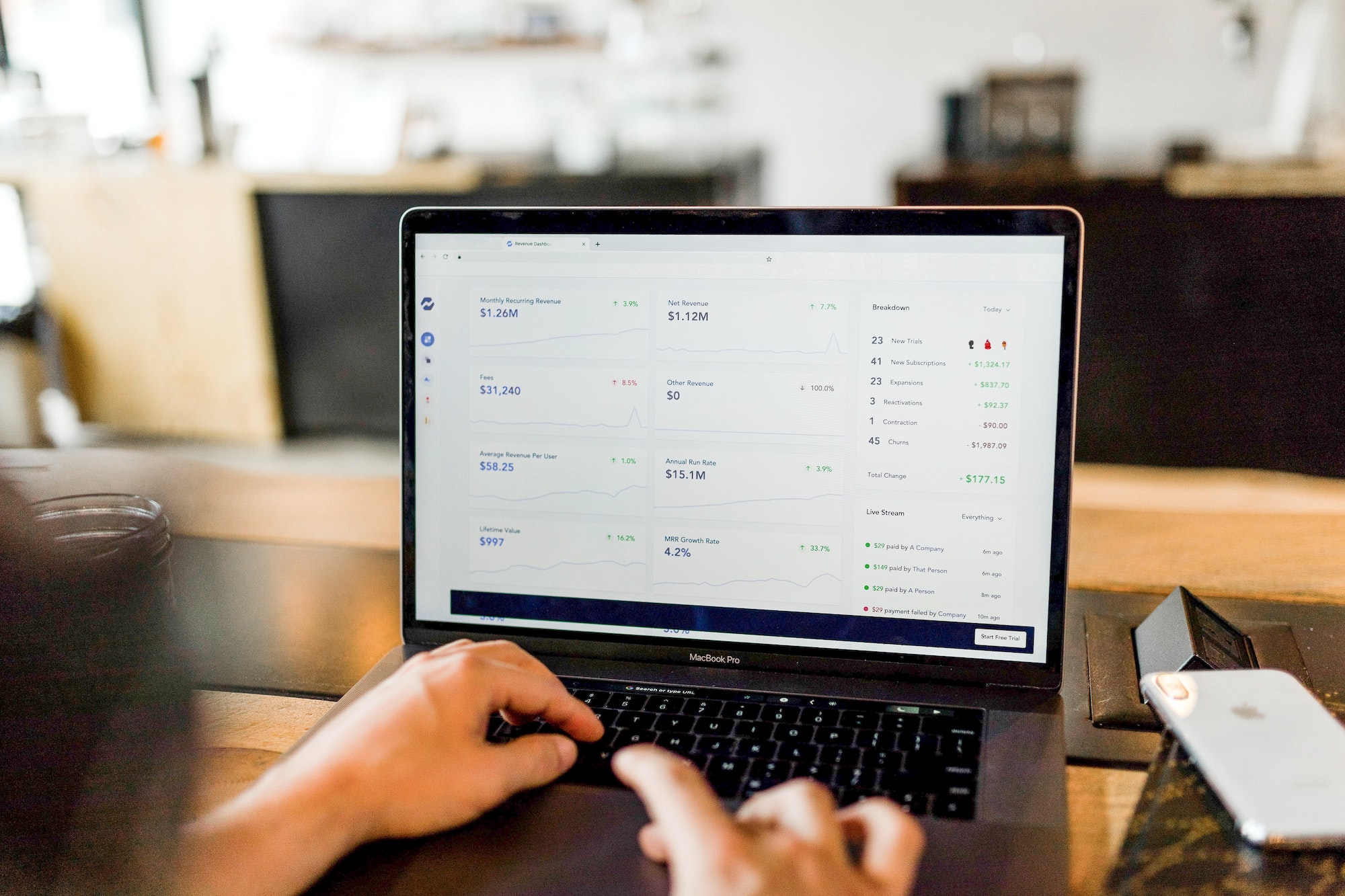
Get Discounts Online
Many online payment processors offer discounts for automatic or online payments. Why? Because online payments are immediately applied to the account, meaning that the company spends less money on manpower.
More common than getting a discount for paying online is getting a discount for going paperless. This means that...
Should You Pay Off Debt or Save For Retirement?

Juggling multiple financial goals can be stressful and confusing. It's especially challenging to make progress on other financial goals when you're drowning in debt. The message is clear when it comes to saving for retirement - start early! However, some financial gurus are adamant that you should pay off all of your revolving debt before investing for retirement. So, should you pay off your debt first or start saving for retirement? How do you decide?
#1 Make a Budget
When making your budget, you have to consider everything. Evaluate how much you make, your expenses such as insurance (health and vehicle), utilities, groceries, etc. your debts, and your saving plans. When figuring out each month what you can afford, we have to make sure we have every aspect covered in our life. Going through the budgeting process will help you determine the money you have available for debt repayment as well as for retirement savings.
For each debt, be sure to identify the balance, the associate...

